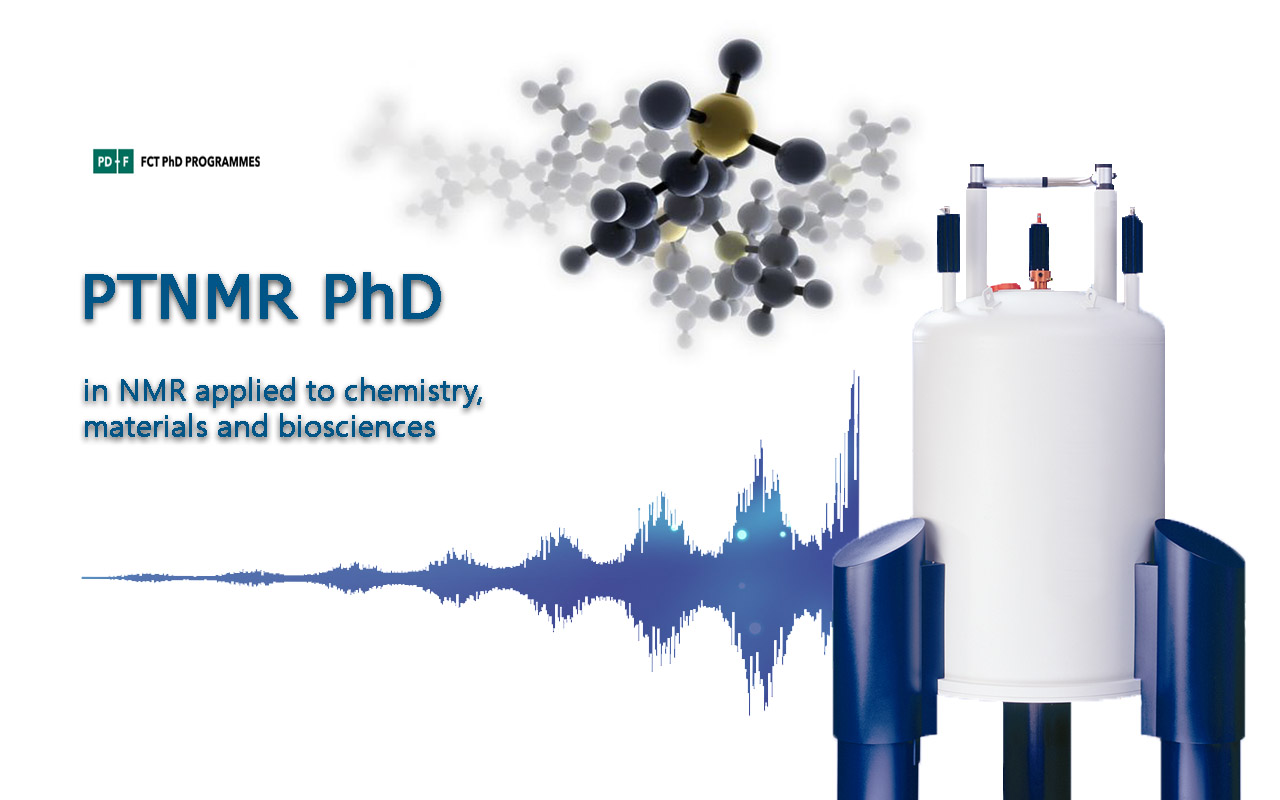Research Project 1 (2018) - Details
Metabolomics of an endocrine-related breast cancer mouse model to study cancer progression and therapy resistance: identification of novel diagnostic and prognosis markers and translation to the human disease
Detailed Description:
Breast cancer (BC) is the deadliest form of cancer in women. The most common type of breast tumor initially relies on steroid hormones, which activate particular intracellular receptors and stimulate tumor growth. These hormone-dependent (HD) tumors are usually treated with antagonist therapies directly aimed at such receptors. However, about half of the subjects in time develop resistance to these antagonist agents and become resistant to such therapies. It is known that such process involves hormone-independent (HI) tumor growth but the full mechanism through which resistance develops remains largely unknown. This project aims at identifying the metabolic characteristics of i) tumor progression (in response to hormone treatment) and ii) tumor regression (in response to treatment with antagonist agents). For this purpose, we will use a well characterized mouse mammary tumor model (MPA tumor model). Breast tumor samples of HD and HI mice, treated with agonist or antagonist agents, will be sampled and characterized by NMR metabolomics, including isotope-tracking assays to highlight particular deviant metabolic pathways. The expected results will shed new light into the biochemical mechanisms of action of the steroid hormones estrogen and progesterone and antagonist drugs currently used in the clinics including Tamoxifen, Faslodex and Mifepristone on BC progression and effective treatment. Furthermore, metabolic markers of progression/regression, as well as of resistance to therapy, will be identified, laying the ground for translation to personalized clinical protocols through the rapid analysis of tumoral biopsies. Such metabolic hypotheses will be demonstrated through the evaluation of the levels of expression of selected proteins related to the metabolites found to be changed in different conditions, using immunohistochemical and/or immunoblot techniques, in an extended cohort of breast tumors from both the animal model and human subjects. Currently, we have a long-standing collaboration with Dr. Lanari, who developed the MPA-model. This model has several advantages over most existing mice models: i) the tumors maintain estrogen and progesterone receptor expression, which are lost or never present in genetically engineered tumor models, as well as in spontaneous and chemically induced tumors; ii) the tumors are initially HD and develop HI growth with time, which is similar to human tumor progression; and iii) the tumors are syngeneic, which means that the animals have a fully functional immune system. Human tumor samples will be used to validate our results. These can be obtained through our ongoing collaborations with IPO-Porto where there is currently a cohort of about 250 fully characterized breast tumors and, if necessary, by using tissue microarrays available from commercial sources including US Biomax. Protein expression levels will then be statistically correlated to histopathological parameters and metabolic markers. At a later stage, molecular interactions between selected metabolites and associated proteins will be investigated through protein-ligand NMR methodologies e.g. saturation transfer difference (STD) and transfer Nuclear Overhauser Effect (NOE) experiments. Such exploratory studies should partially explain, at the molecular level, the regulating function of certain metabolites and consequently unveil their impact on BC progression and regression, and in particular on the mechanism of acquiring resistance to hormone therapy.

